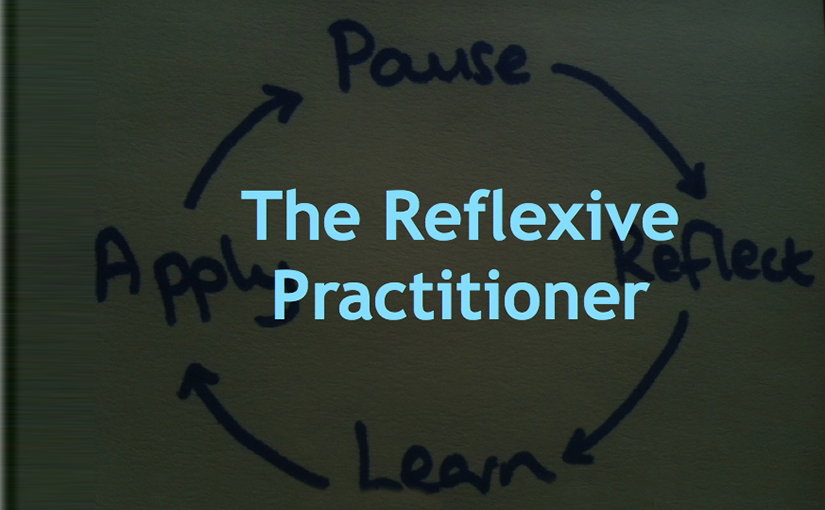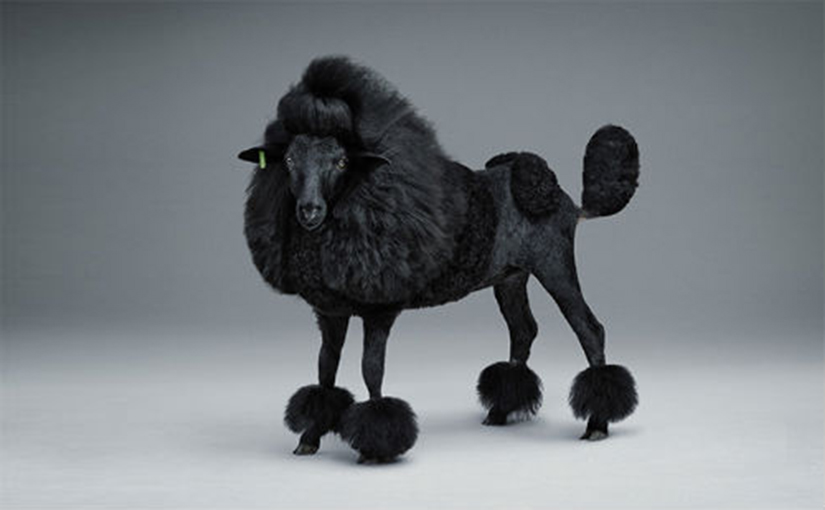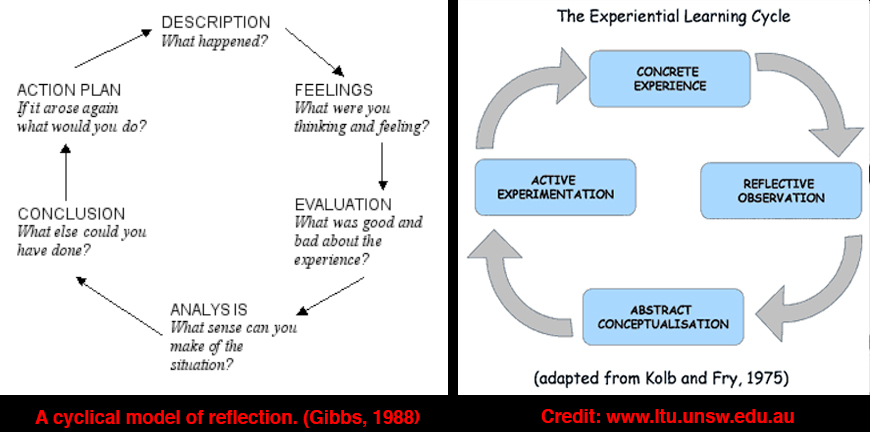We discuss the role and position of the researcher, the way we, as researchers, influence the research process and our findings. We will consider ourselves as “Reflexive Practitioners”. This is a road view of ‘practitioner’ that includes, but is not limited, to creative practitioners, workshop leaders and teachers, software engineers and video ethnographers. The reflexive practitioner becomes usefully ‘self-conscious’, makes themselves aware of the baggage they bring to the research. This is not to suggest that we can simply rise above the baggage and become ‘objective’ but we can become aware our preconceptions, how our backgrounds influence us and account for some of that influence when we plan, conduct and evaluate our research.
We also consider how to be reflexive ‘in the moment’ of research, how to develop theories of our practice under real-time conditions, as we conduct research, in real-time. This includes being mindful of surprise, puzzlement, or confusion during real-time research – these often signal of valuable to our research theories but are easily dismissed as ‘noise’ in our data or process.
We analyse cyclic models of reflexive research and compared those models to Action Research and Participatory Action Research cycles and spirals. We note the various ways that we can capture data of our use of these methods while we are doing the practice, from text and image-based research journals in sketchbooks and blogs, to programmers’ comments, to video and audio recordings of workshops, rehearsals and performances.



